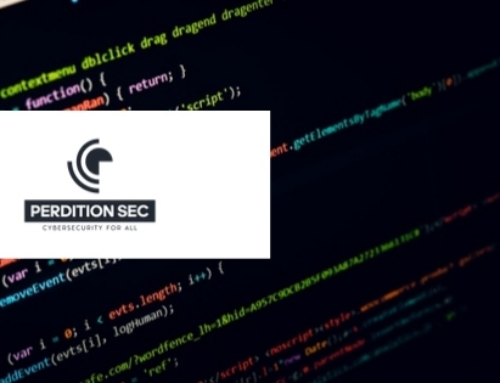System Integrity Protection (SIP) is an integral part of Apple’s security strategy. It’s a foundational security measure implemented within macOS to safeguard protected files and directories from being modified, even by the root user or applications with root permissions.
Essentially, SIP forms a protective barrier around key system files, limiting the actions that the root user can perform on these files and folders. It helps prevent harmful software from installing at the root level and provides a safety net against potential unauthorized system modifications. SIP’s role in securing the macOS environment cannot be overstated.
The recent vulnerability, codenamed Migraine (CVE-2023-32369), could have been exploited by actors with root access to circumvent SIP. This poses a serious risk, given the breadth of actions available to someone with root access. A malicious actor could, for example, create undeletable files in locations that would otherwise be safeguarded by SIP. Worse yet, they could potentially replace databases managing transparency, consent, and control policies. The fallout from such actions could be wide-ranging, impacting system stability, user data integrity, and overall system security.
This SIP bypass was discovered in a native Apple binary called drop_sip, which was found to invoke the csops system call and start a child process. This process was assumed to bypass SIP, not due to any inherent entitlements, but through its inheritance from the parent process, systemmigrationd. This parent process carries the entitlement com.apple.rootless.install.heritable which allows its child processes to bypass SIP security checks.
The research team then discovered two interesting child processes of systemmigrationd, bash and perl, which are both interpreters. An attacker who has first gained code execution capabilities as root could use these processes to run malicious scripts during the migration process.
However, triggering the migration process remotely without signing out the user presented a challenge. The process involves a complex flow of events, starting from Migration Assistant, passing through MBSystemAdministration and Setup Assistant, and ending with systemmigrationd. Any attempt to patch Migration Assistant to prevent user sign-out resulted in failure due to kernel level protection features.
Therefore, the team looked for a way to initiate later stages in the flow diagram, thereby avoiding user sign-out. They found a method to successfully perform migration without sign-out by running Setup Assistant with certain parameters and automating the process using AppleScript.
Let’s paint a clearer picture of this risk. Imagine a scenario where an attacker successfully exploits the Migraine vulnerability. With their newfound ability to bypass SIP, they could introduce their malware, persistently embedding it into your system files without being noticed. From there, they could replace system databases or modify system files to provide them with ongoing access or even control over your system. This is essentially like leaving the backdoor open to potential attackers, making your system a sitting duck for future intrusions.
Not only could an attacker potentially wreak havoc on your system, but they could also access sensitive information by manipulating TCC policies. TCC or Transparency, Consent, and Control policies are part of Apple’s privacy infrastructure that controls an app’s access to private user data. A compromised TCC policy could lead to unauthorized access to sensitive information, resulting in a data breach with significant legal and reputational repercussions.
Moreover, a successful SIP bypass could set the stage for subsequent attacks or exploitation techniques. With SIP out of the picture, an attacker could modify the macOS kernel, leading to arbitrary kernel code execution. This could provide an attacker with even greater control over your system, moving beyond simple data access to potential system takeovers.
To sum up, the consequences of a SIP bypass are severe, with the potential to expose your systems and data to unauthorized access, malware, rootkits, and persistent threats. In the face of such threats, having a reliable cybersecurity partner like Perdition Security becomes paramount.
David Sampson and the Perdition Security team bring years of experience and a deep understanding of the threat landscape to protect your business. We stay abreast of the latest cybersecurity developments, ensuring your systems are secure and resilient against evolving threats.
In a world where cyber threats are increasingly sophisticated, businesses must stay ahead of the curve. By partnering with Perdition Security, you can be confident that you’ll not only be protected against the threats of today but prepared for those of tomorrow. Remember, the best defense is a good offense. Don’t wait for a cyber threat to materialize before taking action—be proactive and make cybersecurity a cornerstone of your business strategy.







Leave A Comment